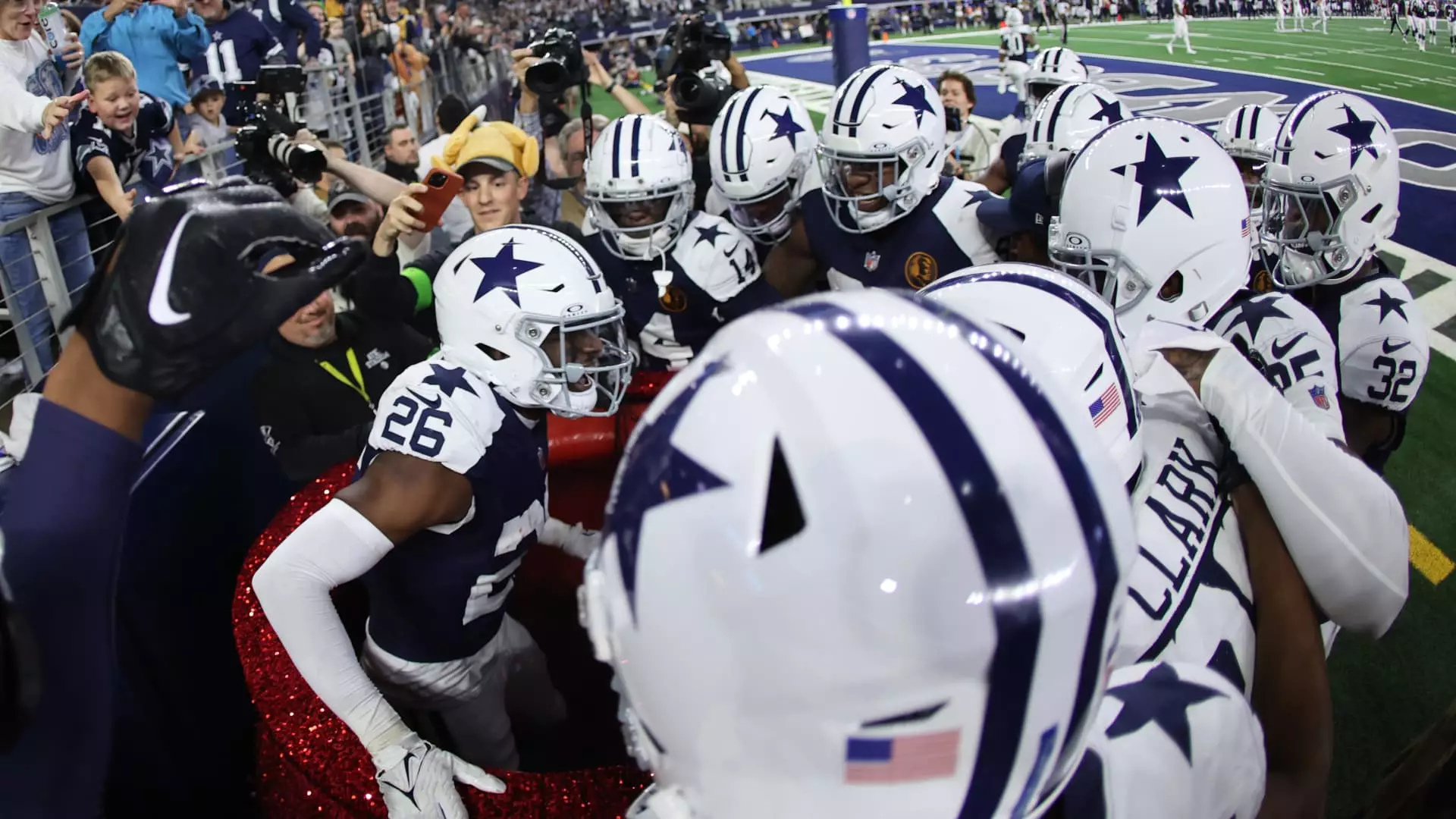When Jerry Jones purchased the Dallas Cowboys in 1989, he took over a team that was struggling financially, losing $1 million a month. Despite the empty seats and suites at Texas Stadium, Jones saw an opportunity to turn the franchise around. Fast forward 35 years, and the Cowboys are now valued at an astonishing $11 billion, making them the most valuable team in the NFL. Jones’ bold moves both on the field and off it have set new standards for league ownership and delivered a massive return on his investment.
Jones wasted no time making significant changes when he took over the Cowboys. He hired his former college football teammate, Jimmy Johnson, as the head coach and made the controversial decision to trade Herschel Walker, the team’s best player at the time. This move landed the Cowboys four players and several draft picks that would become key contributors to the team’s success, including Emmitt Smith and Darren Woodson. By 1992, the Cowboys had won the Super Bowl, solidifying Jones’ vision for the team.
Innovations in Sponsorship Deals
Jones was not only focused on success on the field but also off it. He recognized the potential for revenue from stadium sponsorship deals and became the first NFL owner to secure his own sponsorship agreements at Texas Stadium. By partnering with brands like American Express, Pepsi, and Nike, Jones was able to maximize revenue and establish the Cowboys as a powerhouse in sponsorship deals. These partnerships have been crucial to the team’s financial success, with sponsorship revenue expected to reach $250 million this year.
Financial Success Beyond the Field
In addition to sponsorship deals, Jones has capitalized on the revenue opportunities from events at AT&T Stadium, the Cowboys’ current home. By securing naming rights deals with companies like AT&T and Molson Coors, Jones has created a steady stream of income that has contributed to the team’s overall financial success. The stadium is a hub for a variety of events, ranging from professional sports to entertainment, further boosting revenue for the franchise.
Despite the Cowboys’ success in terms of revenue and profitability, Jones faces criticism for the team’s failure to return to the Super Bowl since 1995. However, there is no denying that Jones has created an economic blueprint for NFL teams, showcasing how strategic partnerships and financial investments can elevate a franchise to new heights. The Cowboys’ value has increased exponentially under Jones’ ownership, demonstrating the impact of his innovative approach to team management.
The economic success story of the Dallas Cowboys under Jerry Jones serves as a testament to the power of strategic decision-making and bold investments in the world of professional sports. Jones’ vision and determination have transformed the Cowboys into a financial powerhouse, setting the standard for success in the NFL.

